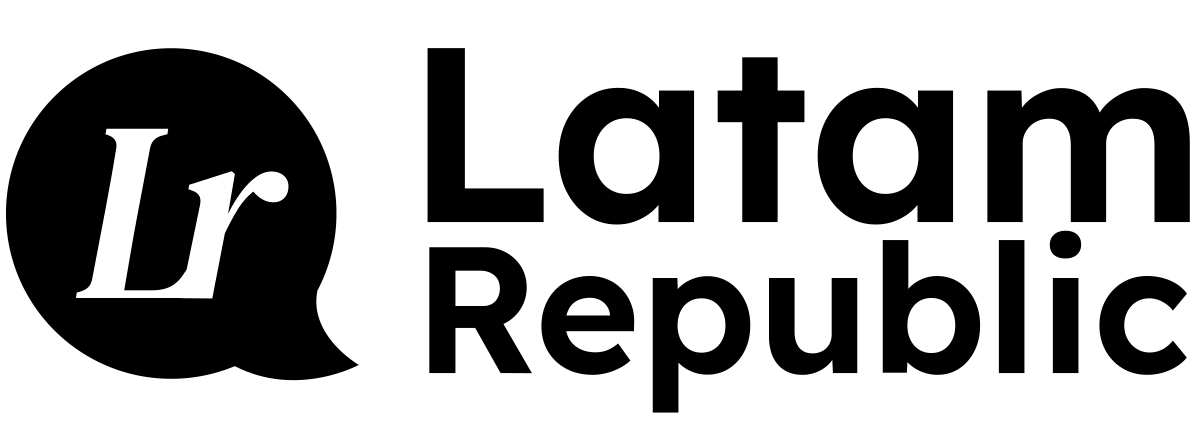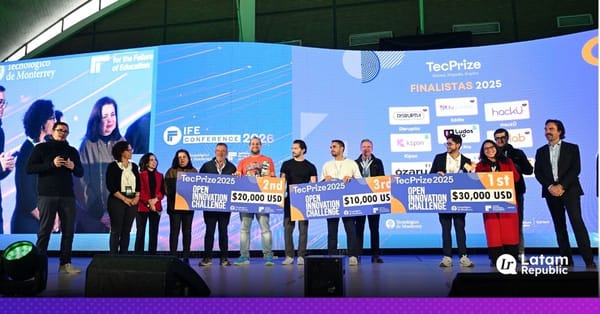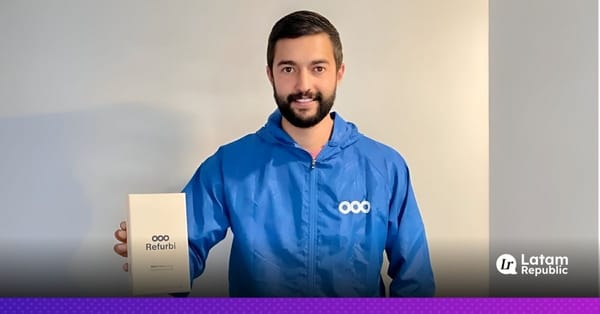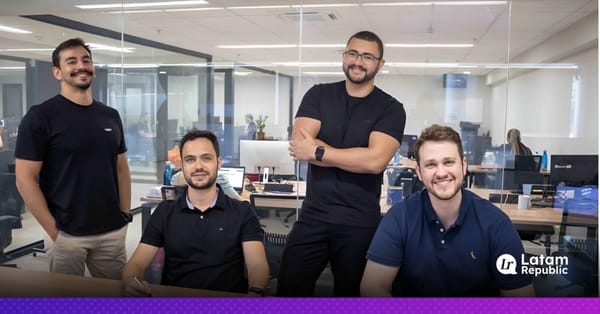Costa Rica’s president on economic achievements at Latin Consumer Summit
Costa Rica’s President offered a candid overview of his administration’s accomplishments and challenges during the third Latin Consumer Summit in Miami.
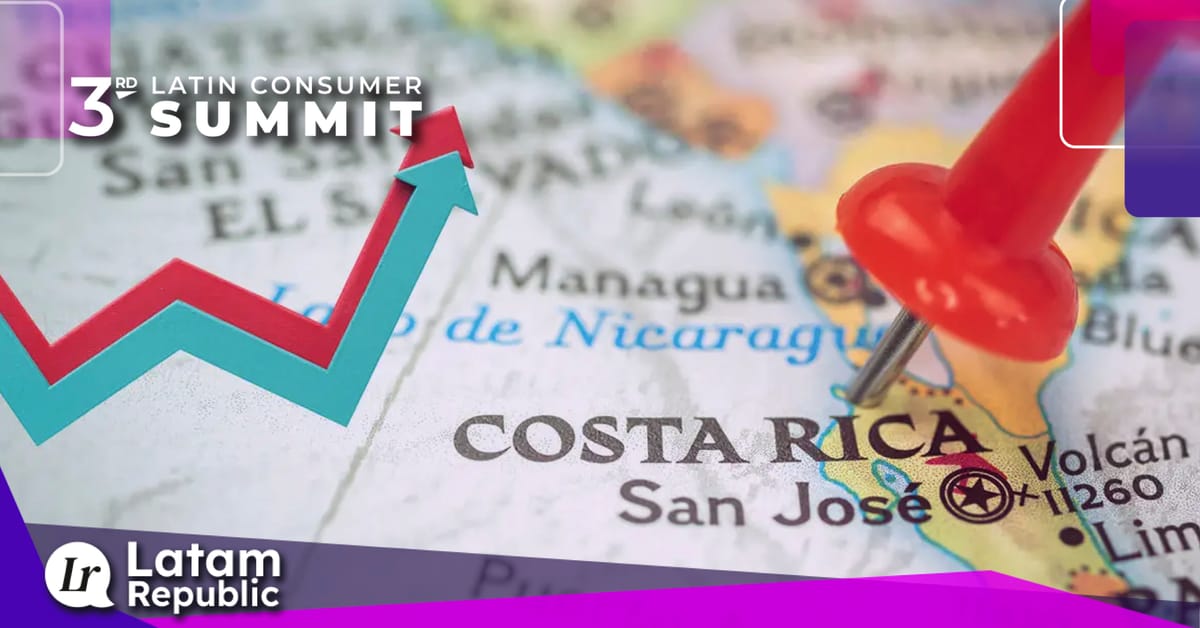
During the third Latin Consumer Summit in Miami, Costa Rica’s President Rodrigo Chaves Robles offered a candid overview of his administration’s accomplishments and challenges. In a conversation with Carlos Díaz-Rosillo, founder of the Adam Smith Center for Economic Freedom at Florida International University, Chaves discussed Costa Rica’s economic transformation, institutional reform, and international positioning.
A political shift against traditional power structures
President Chaves described his rise to power as a political turning point, marking a departure from the country’s decades-long bipartisan dominance. He emphasized that Costa Rica’s political institutions had been captured by two traditional parties since 1949, hindering progress.
According to Chaves, this entrenched system contributed to the country’s decline in key areas such as education, economic performance, and public governance. He referred to his administration as a “political revolution” intent on restoring transparency and accountability.
Economic growth and institutional reform
Chaves celebrated what he called an “economic revolution” in Costa Rica. He pointed to a 4.3% GDP growth, the highest among OECD countries, and one of the world’s lowest inflation rates. He noted the reduction of public debt from 68% to 55% of GDP and emphasized double-digit export growth. These achievements, Chaves said, are the result of structural changes initiated by his administration, branding it “the government of the Jaguars.”
Popularity driven by results
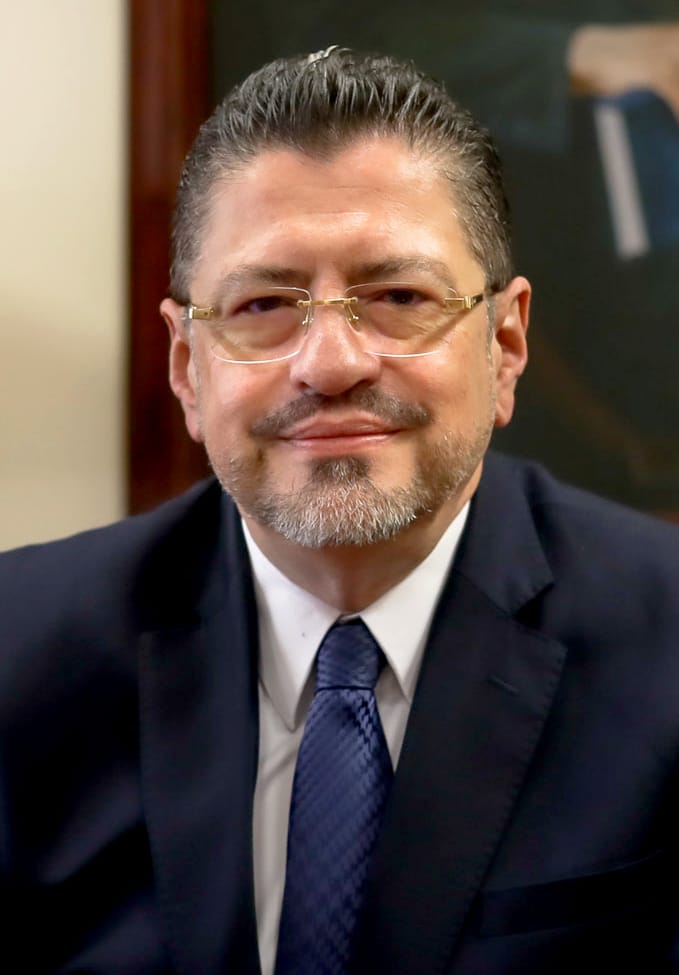
When asked about his high approval ratings, Chaves downplayed personal popularity, stating it reflects the public’s support for government performance. “No administration in Costa Rica has ever had this level of popular support at every stage,” he claimed, citing it as a sign of trust in the reforms underway.
Ongoing legislative obstacles
Despite his administration’s accomplishments, Chaves criticized the Costa Rican Congress for obstructing key reforms. He accused opposition lawmakers of prioritizing political sabotage over governance, likening their tactics to attempting to sink a ship just to reclaim the helm. Nonetheless, Chaves stressed his continued efforts to push forward with judicial reforms, which he described as essential for the country's long-term wellbeing.
Global alliances and national security
The president reaffirmed the importance of Costa Rica’s strategic alliance with the United States, particularly in matters of security and trade. He highlighted the implementation of advanced scanning technologies at the Port of Limón, making Costa Rica the only country in the hemisphere to scan 100% of outbound shipments to Europe, a move that has curbed drug trafficking significantly.
Nearshoring and investment opportunities
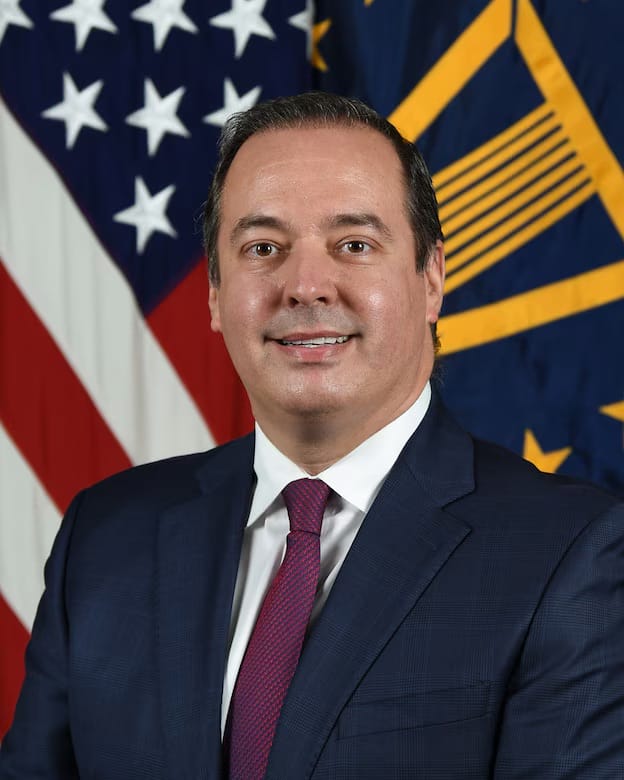
Carlos Díaz-Rosillo underscored Costa Rica’s appeal in the nearshoring trend, as companies seek to move operations closer to the U.S. to avoid geopolitical risks and reduce costs. He praised Costa Rica’s successful attraction of foreign investment, citing its growth in labor productivity and pro-business environment.
A reform agenda with an uncertain future
President Chaves concluded by stressing the need for further structural reforms and hinted at a possible departure from politics after his term. “The big question is whether Congress will have the necessary will to implement the major reforms,” he said.
President Chaves’s remarks at the Latin Consumer Summit underscored his administration’s focus on structural reform, economic modernization, and international cooperation. While challenges remain, particularly in navigating legislative opposition, his message was clear: Costa Rica is undergoing a profound transformation aimed at long-term prosperity and democratic renewal.
